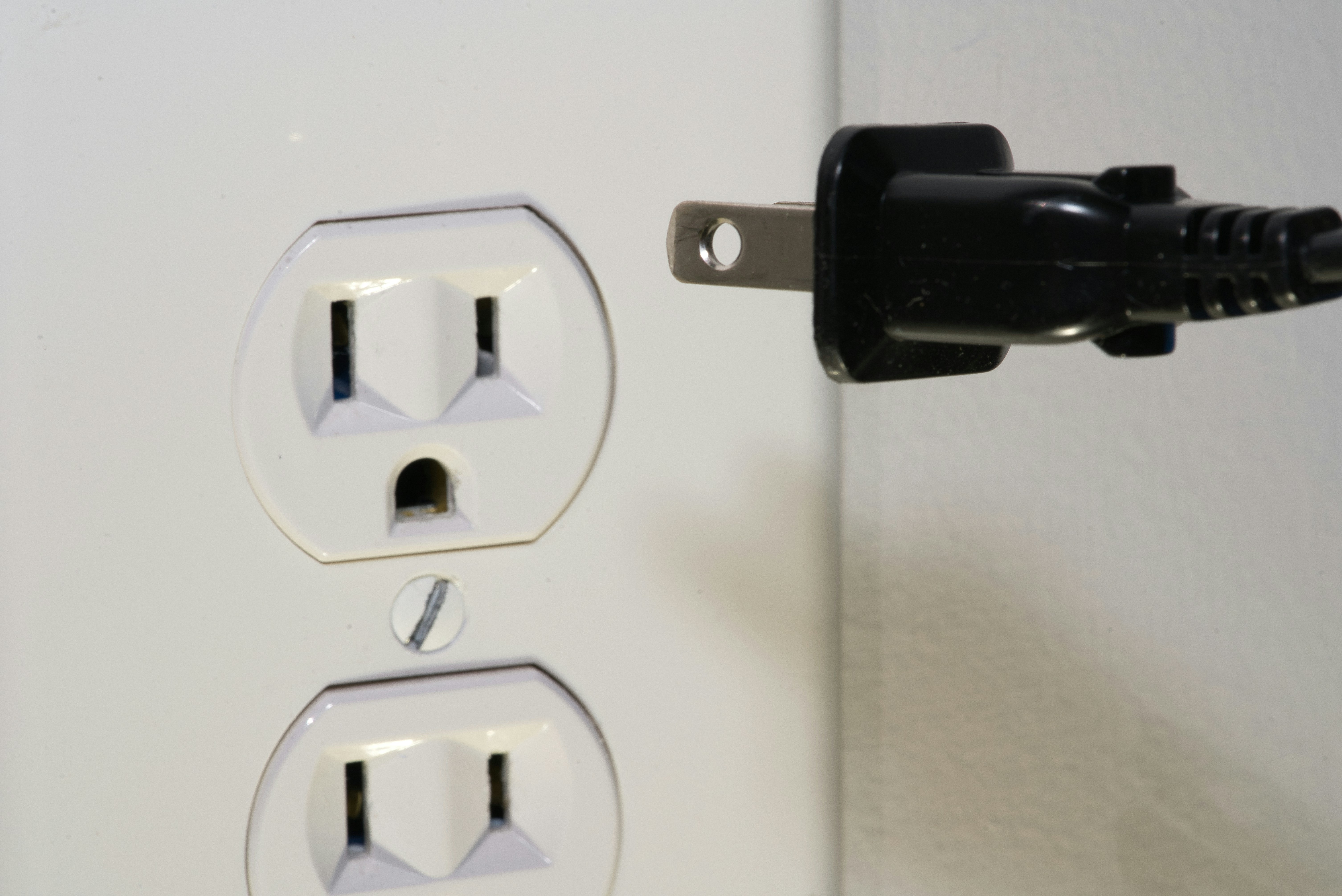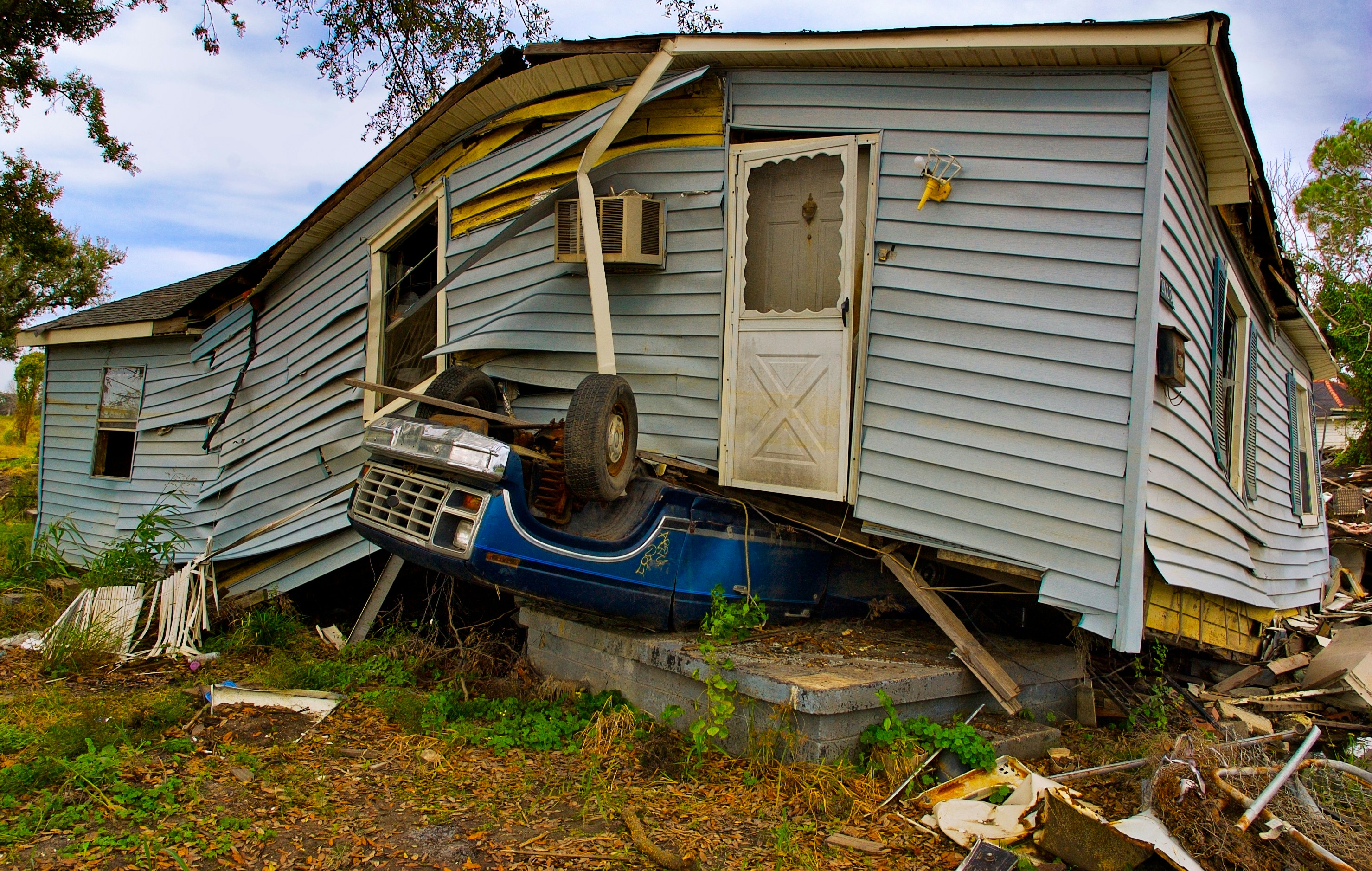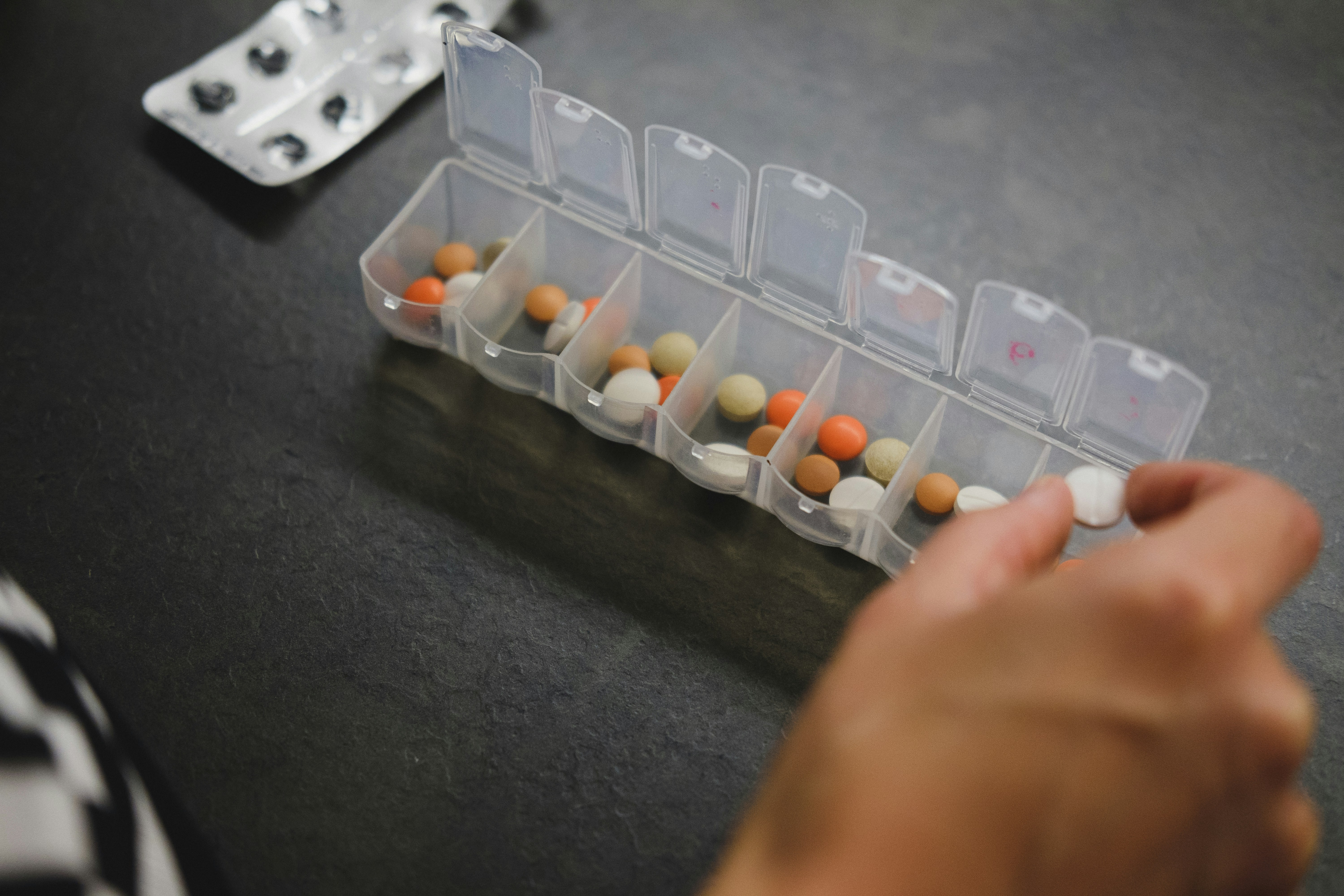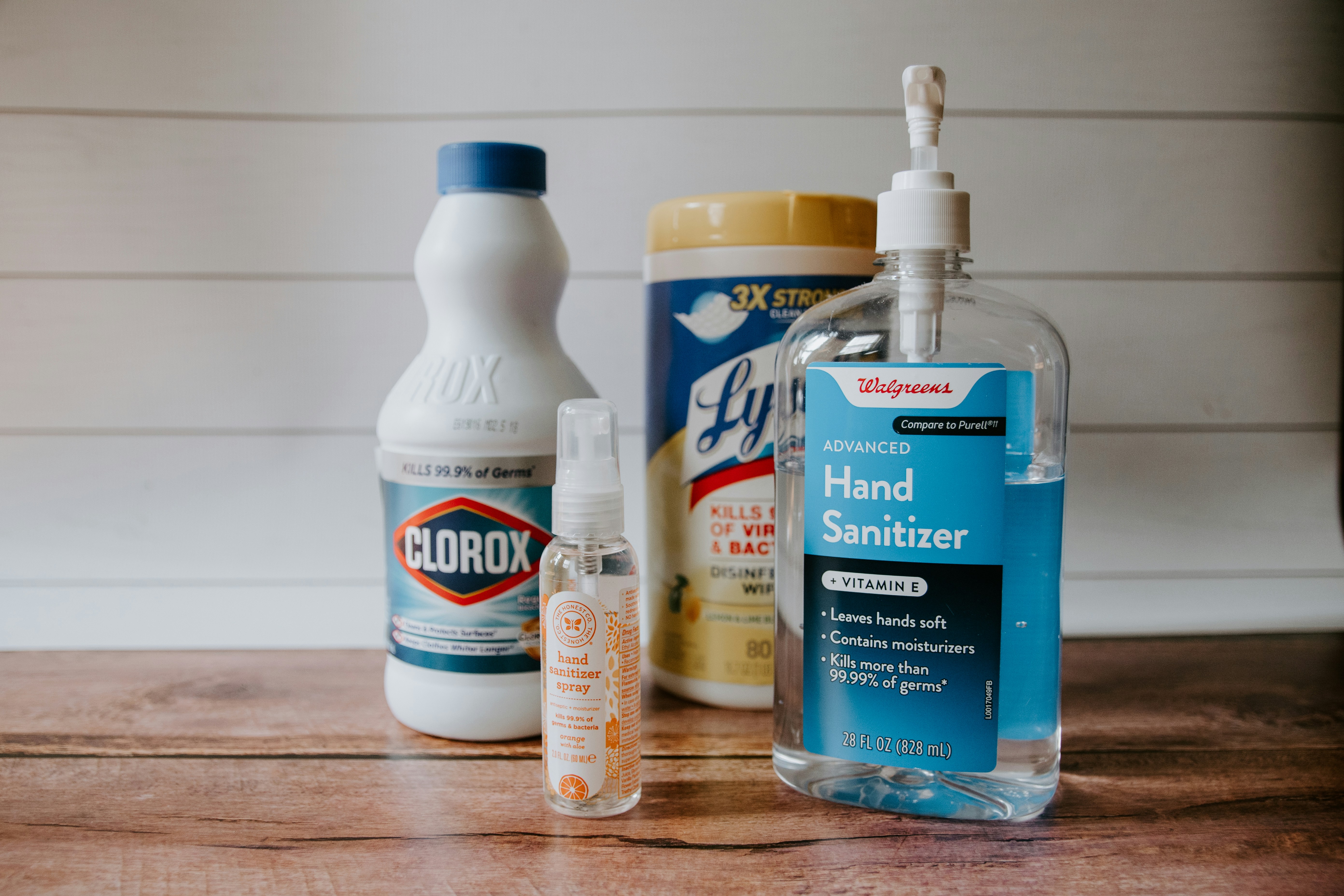In a typical year, there will be six hurricanes that develop. The volume of hurricanes and the severity of the storms have been increasing for the last four decades. In 2005, Hurricane Katrina claimed 1,833 lives and affected people in several states. In the United States, the average cost of hurricane damage is $21.6 billion per storm.
Hurricanes can be deadly and expensive, but there are several things that you can do to prepare for a hurricane that will protect your life and property.
Emergency Power Source

Ensure you have an emergency power source. Your location may determine whether you prefer to purchase a diesel generator or install Baudouin powered generators for your emergency needs. You may not be able to maintain electricity in your entire home, but you can keep essentials operating with a superb power generator that is equipped to look after your essential needs if you lose power.
Fuel

Fill your car’s gas tank before the storm arrives. You may need gas if you are ordered to evacuate or if there is a gas shortage during or after the storm. You should also have extra fuel on hand for your generator in case there are prolonged electrical outages.
Hurricane Rated Siding

Make sure that you install fiber cement siding on your home or business. Turn to exterior remodeling experts in Portland, OR to ensure that you have high-quality siding that is designed to withstand high winds. This can protect property and lives because your siding will remain in place during the storm.
Window Coverings

You can purchase and install storm panel shutters that are designed to withstand the force of the winds a hurricane produces. These shutters will keep debris from breaking your windows. Installing hurricane-strength window coverings will prevent structural damage and help keep residents safe and dry.
Health Essentials

Have a first aid kit with bandages, gloves, tweezers, scissors, and alcohol-free wipes. You should also check your supply of prescription medications and make sure that you have enough to last for at least seven days. It’s also a good idea to stock up on painkillers prior to a storm.
Food and Water

Stockpile enough food and water to last you for at least three days. Focus on canned goods and dry foods, such as granola bars. You can fill empty soda bottles, milk jugs, or your bathtub with water to extend your supply. It’s also a good idea to turn your refrigerator and freezer to their coldest settings before the storm arrives. This will help keep food cold if you lose power.
Batteries and Light Sources

Purchase extra batteries and make sure that you have several flashlights and enough batteries to operate them for several days if necessary. You should also keep candles and matches on hand to supplement your flashlights as a light source.
Toiletries

Purchase toilet paper, hygiene products, diapers, and baby wipes to ensure that you can look after your family’s essential needs during a hurricane. You should also stock up on hand sanitizer before the storm.
Personal Documents

Collect copies of your personal identification, property deeds, insurance policies, and other essential documents. Homeowners will also want copies of their mortgage papers and deed. Store these in a secure location, such as a waterproof and fireproof safe. You may need these documents for claims following the hurricane.
Yard Maintenance

Go through your yard and make certain that all loose items—such as toys, outdoor furniture, and free standing fire pits—are brought inside and secured. This will reduce damage from debris that can strike homes or cars.
Pet Needs

Make sure that you have enough food and water for your pets to last for three days. You may also need to buy pee pads or cat litter because your pet will be unable to go outside during the storm. You should also stock up on your pet’s medication, ensure they are wearing their identification tags, and preserve their veterinary records in a secure location.
Evacuation Plan

Your preparations may be insufficient if you are located in an area where the hurricane inflicts significant damage. It is important to know where to go if you are ordered to evacuate. You should also have a bag packed and all essential items gathered so that you are ready to leave if you are ordered to do so. This can prevent departure delays and help save lives.









